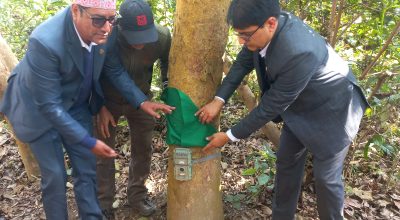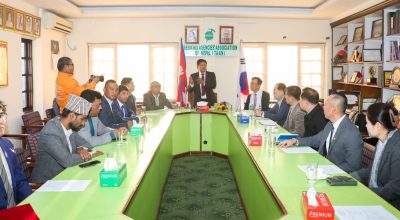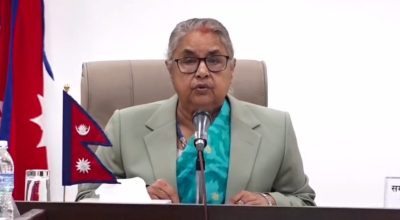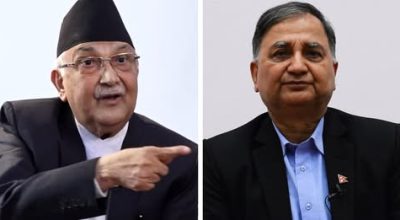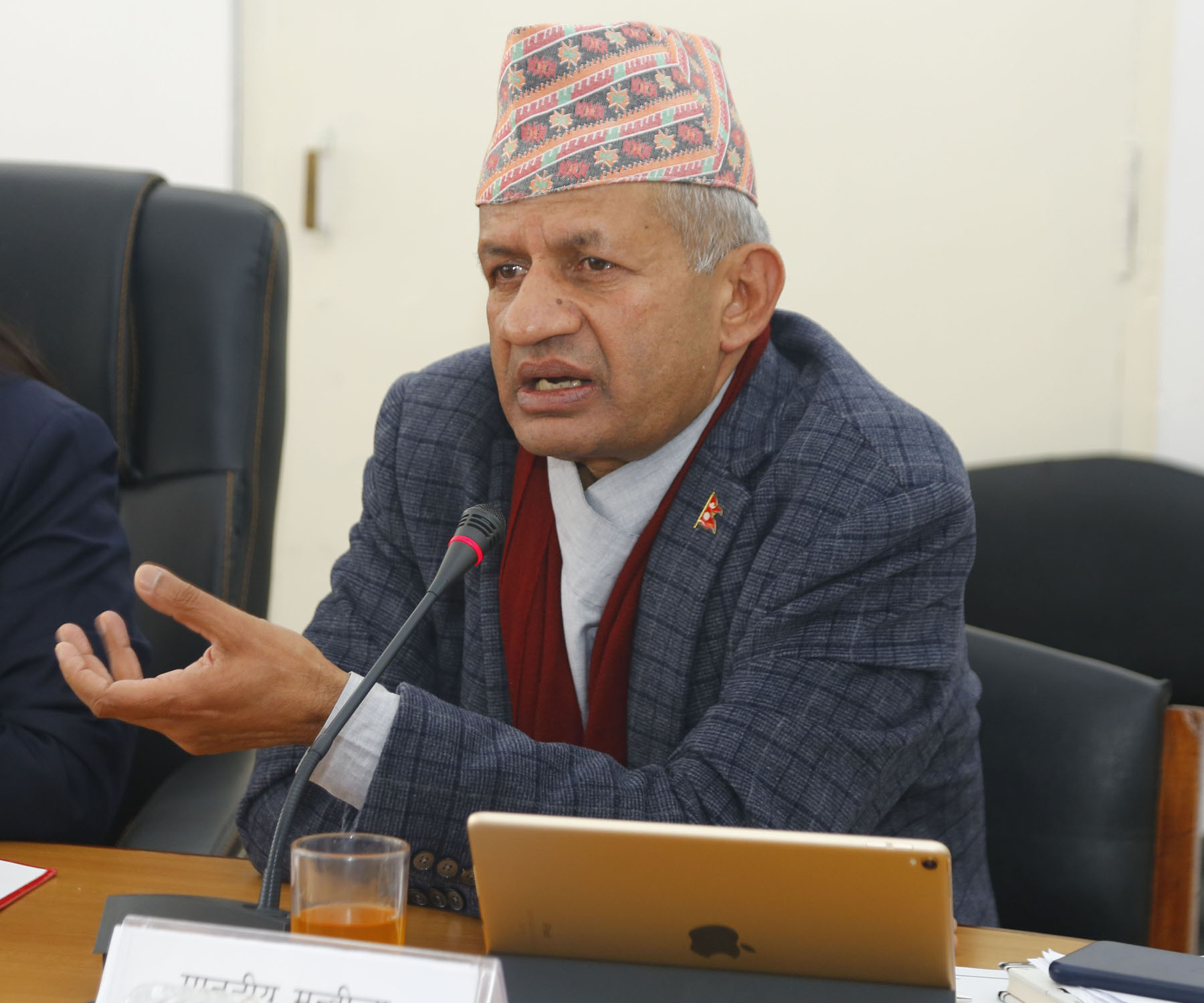
KATHMANDU, Dec 06: The government of Nepal has said that protecting and promoting national interests in a changing and unpredictable regional environment is a challenge while formulating a foreign policy.
The policy, unveiled on Sunday, outlines various challenges that may arise in foreign policy operations.
This is the first time that an integrated foreign policy has been formulated to be publicly available. Another challenge in the new policy is to prevent the strategic competition of regional and world powers from having a negative impact on Nepal’s sovereignty and national interest.
Especially, there is fierce competition between the power nations, the United States and China, while the two neighboring countries, India and China, are also competing to increase their influence in Nepal.
The new policy states that any changes in geopolitical, strategic, international relations and economic relations in Nepal’s neighbours and nearby regions may create risk on Nepal.
Similarly, the protection of Nepal’s international borders has been mentioned as another important challenge.
At present, there is a border dispute between Nepal and India. After India issued a political map covering the Nepalese territory of Lipulek, Limpiyadhura and Kalapani last year, the main challenge is to bring it back through diplomatic talks. The new foreign policy states, “Resolve the border issue through diplomatic means on the basis of historical treaties, agreements, facts and evidence.”
At a time when different parties are coming up with different views on foreign policy issues, the new foreign policy has mentioned the task of building a unified national approach with effective coordination and cooperation with all parties in the conduct of foreign relations.
The policy states, “It seems difficult to strengthen the working uniformity and coordination by developing a unified and equal national approach among all the stakeholders including the political parties of the country on the issue of foreign policy.”
Speaking at a press conference on Sunday, Foreign Affairs Minister Pradeep Gyawali said that the situation of multi-centers was sometimes seen in foreign policy operations and engagements. To end this, the government is updating the diplomatic code of conduct and implementing it effectively.
Neighborhood policy
Neighborhood policy is mentioned in detail in the new foreign policy. “Continuing the policy and practice of not allowing Nepali land to be used in a way that is detrimental to the interests of neighboring allies,” it said.
Similarly, it has been mentioned to expand multi-dimensional network including roads, railways, waterways and airways with the neighboring countries. It noted that other areas of cooperation would be identified, benefiting from the economic development and prosperity of neighboring India and China, and promoting bilateral, trilateral and multilateral partnerships on issues of common interest.
Similarly, treaties and agreements with neighboring countries will be reviewed and amended. In particular, Nepal has raised the issue of amending the 1950 peace and friendship treaty with India.
Emphasis on regional organization
The South Asian Association for Regional Cooperation (SAARC) has been in a state of coma for four years. In particular, its largest member India is not in favor of activating SAARC. However, the new policy states that it will play an active role in regional organizations.
The new policy states, “Emphasizing regional interdependence and interdependence, emphasizing the development of regional cooperation as an effective means of common interest for economic development and prosperity.”
Minister Gyawali said that in the context of activating SAARC, some silver lining has appeared in the black cloud recently, adding that meetings of various SAARC mechanisms are being held.
Emphasis on track-two diplomacy
The new foreign policy places special emphasis on track-two-diplomacy. It is mentioned that the diplomacy will be used to create an environment for formal talks. It is mentioned that an elite group will be formed considering the seriousness of the issue of bilateral relations. The policy also mentions the use of various experts and networks.
In addition, the new policy mentions issues such as public diplomacy and institutional strengthening.






